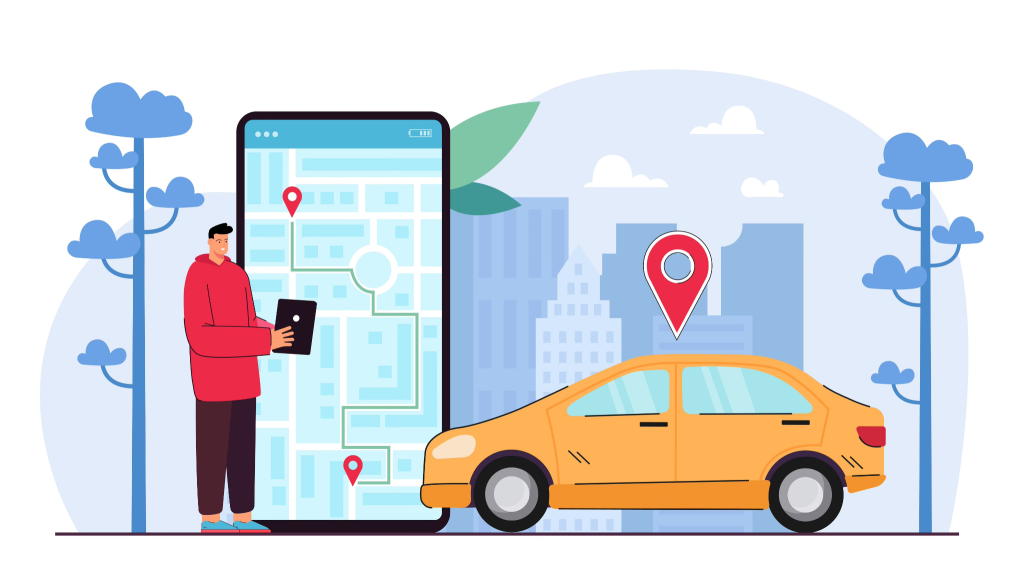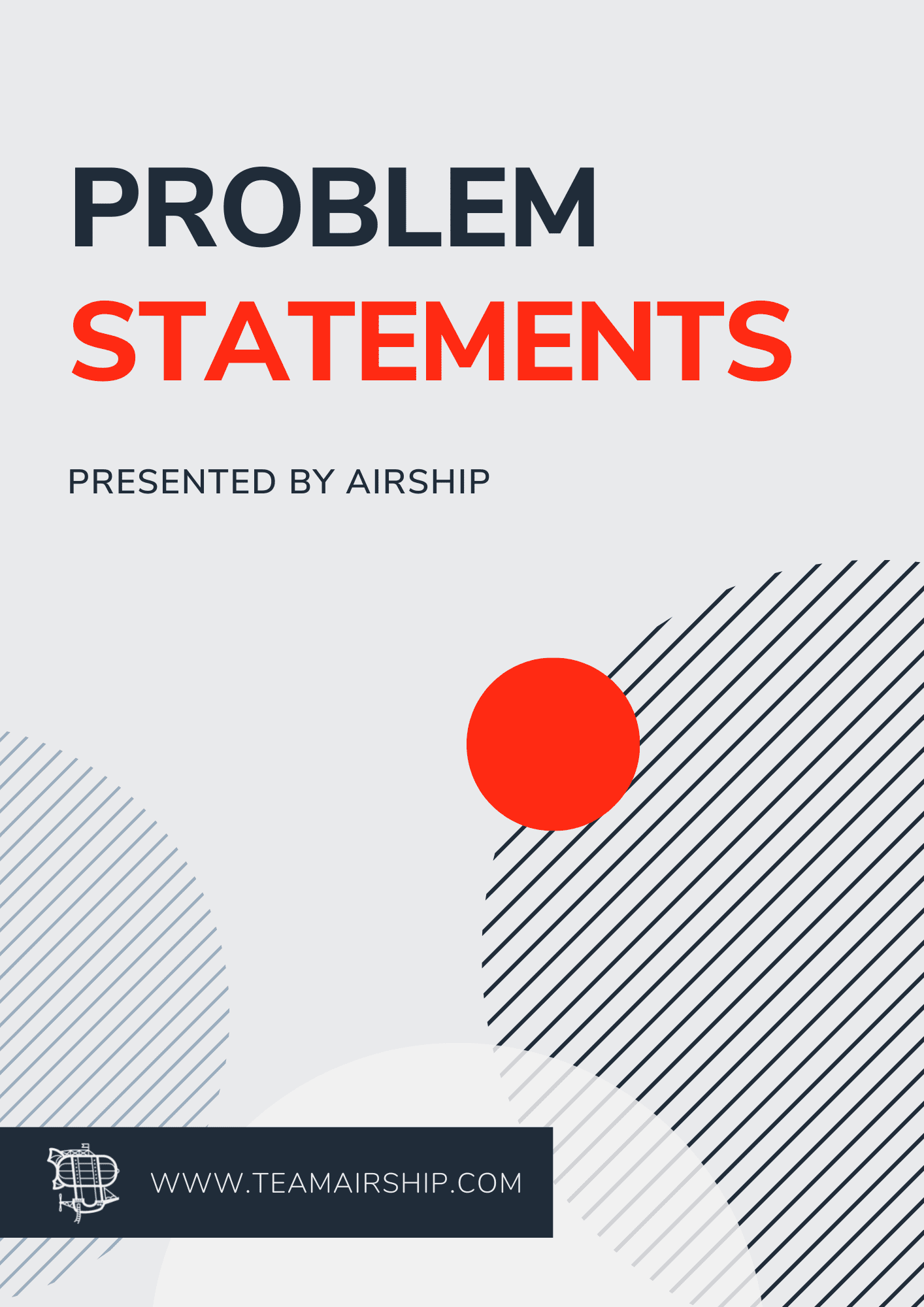
It is prevalent these days to hear people throw around ideas of agile this and waterfall that. Just what is the deal? What is Agile, and why should I care?
I bet you are someone who cares deeply about finding an effective team to help you realize the solution you have been dreaming up. That's why you should care about Agile. Iterative collaboration is a pillar of our effective teams.
The Agile Manifesto [https://agilemanifesto.org] is, at most, a collection of guiding priorities:
- Individuals and interactions over processes and tools
- Working software over comprehensive documentation
- Customer collaboration over contract negotiation
- Responding to change over following a plan
Often forgotten or misunderstood by the voices that claim Agile is dead is the closing statement to the manifesto:
That is, while there is value in the items on the right, we value the items on the left more.
The alliance continued and defined twelve principles [https://agilemanifesto.org/principles.html] to the manifesto to help provide more clarity and application of those guiding prioritizations.
That's it. That's Agile. Easy right? Yea, I agree; it's not cut and dry. We understand this to be about a posture of making an impact and not a framework or process to execute simply.
At Airship, we deeply value relationships. Our first two core values are rooted in relationships. We believe this fuels our drive to remarkable experiences, helping you make that transformational change you seek.
As a team, we still have processes, plans, documentation, and agreements that help us understand our expectations of each other. Those things have value. We lean on client collaboration and believe that people are the essential piece. We believe there is value in sitting down with the team and figuring out what we can do, where we should go, and how that direction might look. But, this is not about scope creation. It is setting a heading and charting a course. Drawing a roadmap, where we say, here are all the points we can potentially hit to get to our end goal.
If you plan a rigid scope document, this will break down. Haven't we all been on a journey and run into an unexpected detour that makes you change course. We set a course and boundaries with intention and decide within these intentions. But, we acknowledge and, in a way, expect there to be course correction along the way.
Google and Waze demonstrate this to get you from point A to point B. You put in your destination, they chart the course, and you head out. Along the way, they will suggest alternative routes based on traffic or timing. You determine which route best suits what you are trying to achieve. Get home the fastest? Stay off the highway? There are options, and it depends upon your end goal which option you choose.
Agile is a posture that prioritizes the squishy human bits, which helps you embrace the proper process for your team. It doesn't tell you how long it will take to complete or how much the build will cost.
So just what is the process we use here at Airship? It is an ever-evolving reflection of where we are, where you want to go, and the next bet we can take together. Drop us a line; we'd love to talk through how we can shape a process for your goals.


